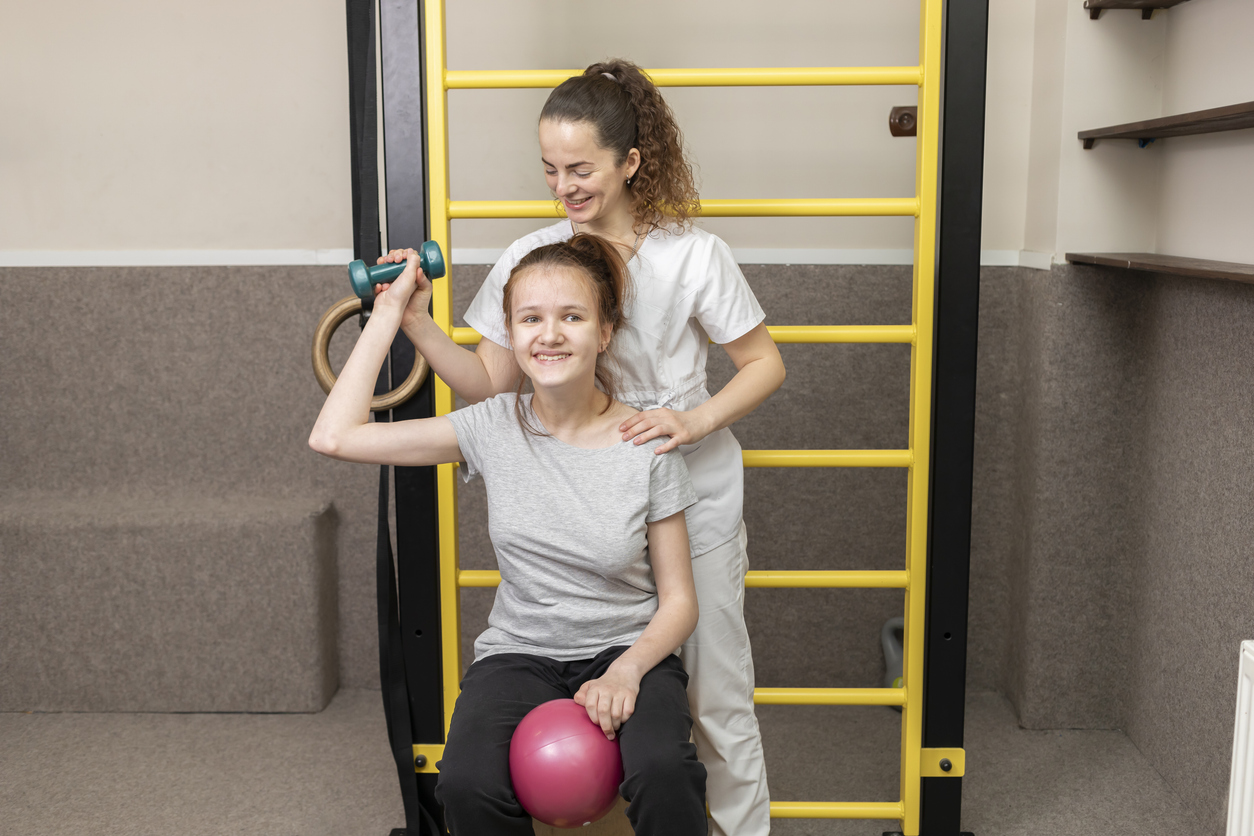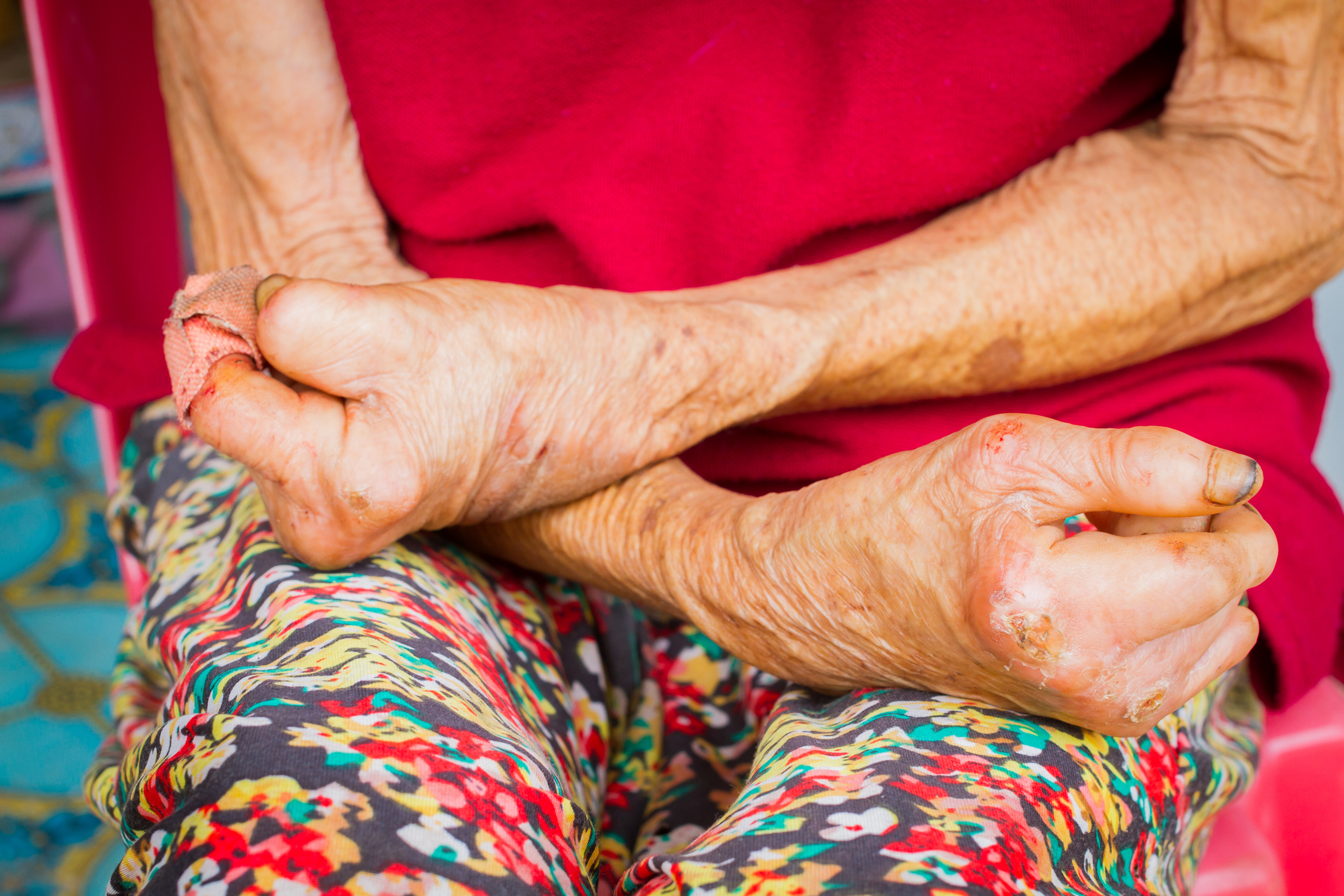2025-06-17
ALS: exercise on prescription?
Neurology Pneumonology
Amyotrophic lateral sclerosis (ALS) is a rare, incurable, and rapidly progressive neurodegenerative disease, characterized by the degeneration of motor neurons. It leads to the progressive paralysis of voluntary muscles, including the respiratory muscles, with an average life expectancy of 3 to 5 years. While drug treatments, assisted ventilation or artificial nutrition help alleviate certain symptoms, they do not reverse the overall progression of the disease. Furthermore, their side effects (nausea, functional limitations, dependency) often limit adherence.
In this context, physical exercise is being considered as a promising non-pharmacological co-treatment. It could help preserve muscle function, improve the ability to carry out daily living activities, and enhance quality of life. However, recommendations remain cautious due to the potential risk of muscle overuse. This study was initiated to evaluate the effectiveness of different forms of exercise (aerobic, resistance, combined, respiratory) on function, breathing, fatigue, and quality of life in patients with ALS.
Which exercise to slow ALS?
Twelve randomized controlled trials including 430 patients with ALS, from 8 countries, were selected. The exercises tested included aerobic, resistance, combined, and respiratory muscle training. The analysis of effects focused on overall function (ALSFRS), fatigue, walking test distance (WT), respiratory strength (MIP, MEP), forced vital capacity (FVC), and peak expiratory flow (PEF).
The results show a significant improvement in overall function, an increase in walking distance, and an improvement in maximal expiratory pressure. On the other hand, no significant effect was observed on fatigue, maximal inspiratory pressure (MIP), FVC, or PEF. Subgroup analysis reveals that resistance exercise is the most effective in improving overall function, while aerobic exercise shows a positive impact on FVC. Respiratory training and combined programs did not show any significant effect. No serious adverse effects were reported.
Read next: ALS: strengthening to withstand
Moving without exhaustion: a successful bet?
Amyotrophic lateral sclerosis is a progressive neurodegenerative disease, marked by motor neuron damage and progressive loss of motor function. Given the absence of a curative treatment, one of the current major challenges is to identify non-pharmacological approaches capable of preserving functional autonomy without worsening fatigue, a pervasive and disabling symptom in ALS.
This study aimed to evaluate the impact of various types of physical exercise — aerobic, resistance, combined, and respiratory — on motor function, breathing, and quality of life in patients with ALS. The objective was to identify concrete and tailored approaches to improve their overall management.
The results confirm that physical exercise, when well-adjusted and moderate, can improve certain dimensions of ALS. Resistance exercise appears particularly effective in preserving motor function, while aerobic exercise shows specific effects on respiratory function. These benefits are achieved without increasing fatigue, which supports the idea of a personalized exercise program, supervised by a multidisciplinary team, as a safe and useful component of overall treatment.
However, several limitations must be considered and justify the need for further research. Future, more robust studies with better follow-up and larger samples are needed. They will have to adapt recommendations according to the type of exercise, patient profile, and tolerance, to reliably guide clinical practice.
Read next: Clinical stratification of patients with ALS

Last press reviews
Leprosy: a disease still beyond control

By Ana Espino | Published on January 22, 2026 | 3 min read...
Parental alcohol intoxication: the hidden impact on children’s mental health

By Carolina Lima | Published on January 19, 2026 | 3 min read
Obesity: when the kidneys become overwhelmed

By Ana Espino | Published on January 20, 2026 | 3 min read...